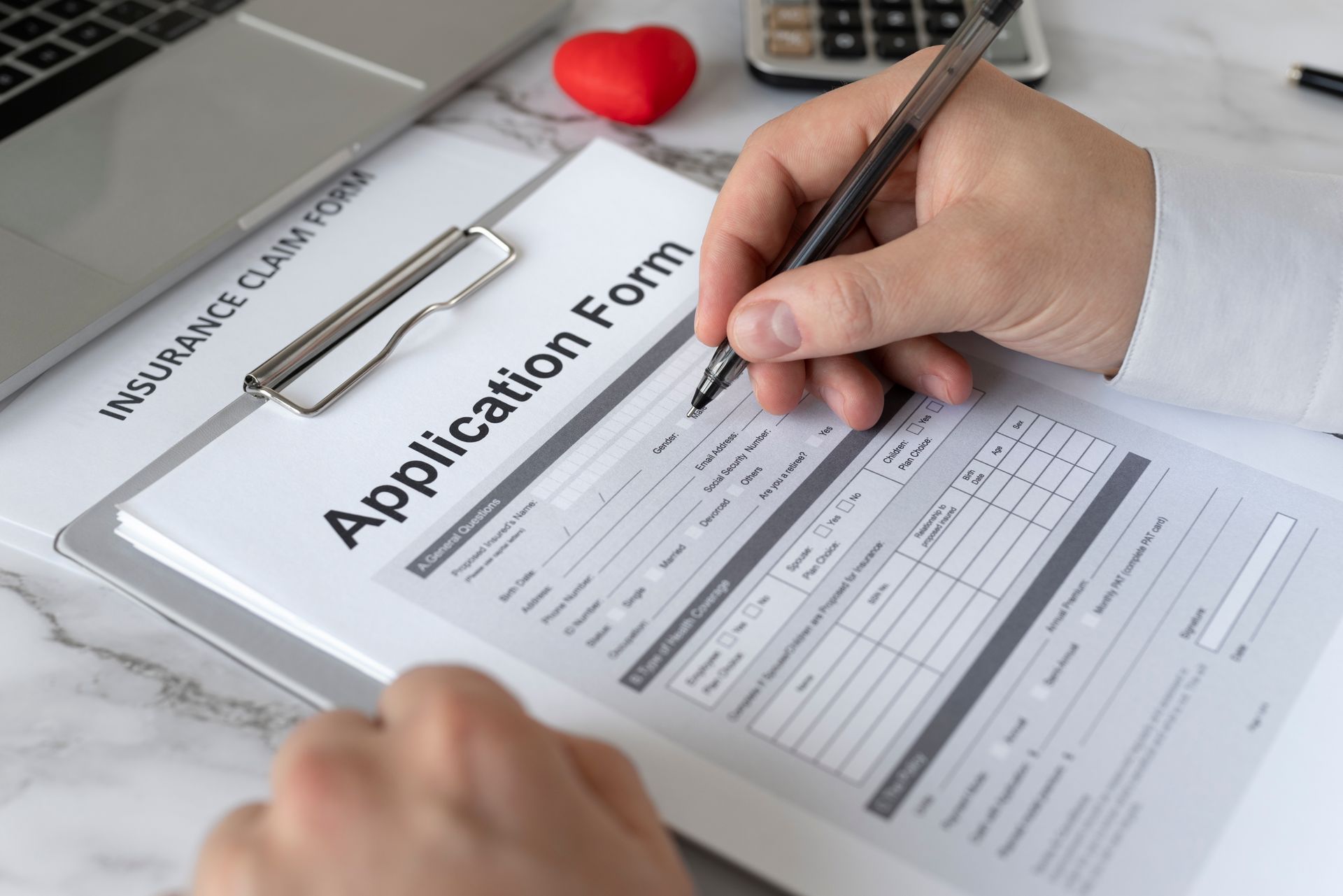Self-employed Work Experience for Immigration
Self-employment in Canada is entirely legal when holding a working holiday permit, but working for yourself while in Canada can often cause problems when it’s time to apply for Permanent Residence . This article explores the difficulties that can arise with eligibility for Permanent Residence when Canadian work experience has been gained under self-employment.

Being Self-employed on a Working Holiday visa is (mostly) a bad idea
In many instances, working as self-employed in Canada will seriously harm your chances of being eligible to apply for Permanent Residence. If you want to qualify for Permanent Residence in Canada on the basis of work experience and education, it’s pretty important to set out a solid immigration plan before you embark on starting your own business or working as a contractor. You could come to the end of your work permit and realize there is no option for you to stay because you have been self-employed in Canada.
What is considered self-employment in Canada?
You will be considered self-employed for immigration purposes if you received payment for your work and the usual deductions – namely, taxes, employment insurance (EI) and Canada Pension Plan (CPP) – were not taken off your earnings by the entity that paid you. Self-employment can mean that you own and operate your own business, that you work as a contractor or sub-contractor, or you are a professional who receives a certain percentage of your monthly billing totals as your salary.
How to Apply for Permanent Residence in Canada if you are Self-Employed
In the vast majority of economic immigration cases, there are two pathways to qualify for Permanent Residence in Canada – Express Entry and a Provincial Nominee Program.
If you are planning to apply for Permanent Residence under Express Entry , it’s important to realize that self-employment inside Canada does not count for Canadian work experience points, and it does not enable you to qualify for the Canadian Experience Class.
The other option to apply for Permanent Residence is a provincial Nominee Program . Each Province in Canada has it’s own program and they all have different rules, but I’ll focus on Alberta, as that’s where the majority of our clients reside. In Alberta, the Alberta Immigrant Nominee Program does not accept applications from self-employed applicants. If you live in another Province, carefully check the rules of that PNP before deciding that self-employment is going to be your best option in Canada.
Self-employment on a Working Holiday (IEC) visa is fine in certain circumstances
There are exceptions to every rule, and there are times when working for yourself inside Canada makes sense. In certain situations, individuals may have no interest in staying longer in Canada, or may be able to qualify for Permanent Residence without any Canadian Work experience.
If you are not interested in applying for Permanent Residence in Canada and want to go elsewhere at the end of your working holiday permit, then self-employment is a valid option for you.
If you are in a relationship with a Canadian citizen or Permanent Resident and you will be applying for Permanent Residence under a sponsorship, then self-employment is also fine.
If your spouse or common-law partner is eligible to apply for Permanent Residence in Canada, and you will be included on their application as an accompanying dependent, then you are also fine to work under self-employment in Canada.
Finally, if you are already eligible to apply for Permanent Residence based on your work experience from overseas, then working for yourself inside Canada will make no difference to your immigration situation.
Wait! I have been self-employed this whole time? Is there any hope?
If you have been working as self-employed in Canada and you want to qualify for Permanent Residence in Canada, it would be important to consult with a professional regarding your options. In some cases, an individual may consider themselves a contractor or sub-contractor, but the reality of their work situation means that they actually meet the Canada Revenue Agency definition of an employee. There are several criteria that need to be evaluated to make an argument that someone who has not been in a formal employer-employee relationship is actually an employee, but it is possible to successfully make this argument when certain conditions are present.
Just work for someone else, at least for a while
If you want to apply to stay permanently in Canada, and you need Canadian work experience in order to qualify, then it’s best to work as an employee for someone else until after you obtain Permanent Resident status. Once your immigration status is sorted out, you have the entire rest of your life to work for yourself.
We are often asked the question, “Can a person with an open work permit do business in Canada?” As this article makes clear, the answer is yes. Having an open work permit allows you to operate your own business venture in Canada, but it can make achieving Permanent Resident status difficult.
The Way Immigration has successfully assisted clients with ‘self-employed’ Canadian work experience to achieve Permanent Resident status. We would be happy to review your situation to determine what
Alberta immigration options might be available in your specific scenario.











